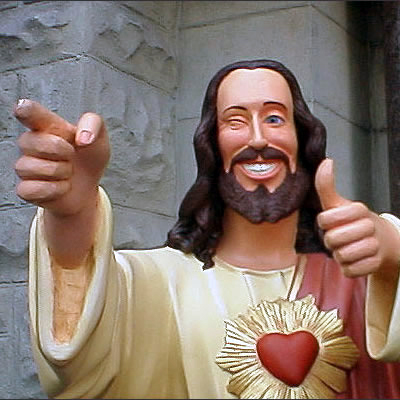I found this in the news recently.. good stuff to read :P Apply it to your daily college group works.. student counsels, clubs, societies.. and maybe even life.. :)
By Adalat Khan
BEHIND the failure of civilizations, governments, organizations and even small teams and groups, one factor that is always cited is leadership. Much has been written about how to become a good leader, but there are only a few resources on how to avoid leadership mistakes. Here are the top 10 leadership mistakes derived from leadership research.
POWER HUNGRY
OVERINDULGENCE IN PLEASURE
Hieronymus Bosch painted the masterpiece The Seven Deadly Sins and the Four Last Things in 1485. The painting represented in a series of circular images. Four small circles representing “Death”, “Judgment”, “Hell” and “Glory”, surround a larger circle in which the seven deadly sins are depicted: (from bottom, clockwise) wrath, envy, greed, gluttony, sloth, extravagance (later, lust), and pride(God hates Pride the most).
Extravagance or overindulgence in personal pleasure and succumbing to lust is one of the deadly sins that can bring down a leader. Whether it is political or corporate leader, indulging in undue pleasure can be a one-way ticket to disgrace and downfall.
DECLINE IN A CHARACTER
Moral derailment and decline leading to poor character is a deadly mistake that can destroy a leader. Corruption, laziness and cronyism are some symbols of moral decline.
Korn-Ferry International, an executive search company, performed a survey on what organizations want from their leaders. The respondents said they wanted people who are ethical and convey a strong vision of the future (Our beloved Pastor Kevin).
In any organization, a leader’s action set the pace.
SURROUNDED BY FLATTERERS
A person who tells you the trust is your best friend, rather than the one who tells you lies and flatter you. Many leaders destroyed themselves and their organizations because the people surround them were telling them what the leaders wanted to hear rather than what should be told.
ARROGANCE
Perhaps the most fatal of all mistakes for a leader is arrogance. Blind overconfidence in one’s capabilities, dismissing good ideas from others, and too much pride in oneself are some hallmarks of an arrogant leader. But it is humility that will help a leader succeed in his given tasks.
Leader ship experts Kouzes and Posner maintain that even exemplary leaders gain the support of all the individuals involved in a task. They say “Titles are granted, but it’s your behavior that wins you respect.”
REFUSAL TO CHANGE
Change is a popular word, and there are books, seminars, articles and journals that teach people how to change. A good leader must change and remain in control of the changing environment. Not only must leader change, they must facilitate the change in their people, too. Sadly, some leaders opt for death than to change, and it so happens that not only they die alone but also kill their nations and organizations.
BLAMING OTHERS BUT ONESELF
Many mediocre leaders adept in the blame game. But good leaders shoulder the responsibility and accept their mistakes. In fact, even when the mistakes are their ‘followers’, good leader will take them on themselves.
Leaders who take the blame also earn the respect of their people. Former US president Henry Truman used to keep the sign “The Buck Stops Here” on his desk in the White House.
INDECISION
Sometimes, a leader has to make tough, unpopular and painful decisions. Indecision can cripple a leader as fear can overwhelm him into inaction and so miss many opportunities. Not only will this affect the success you have as a leader, but also will negatively affect almost every facet of your people and organization.
The main job of leaders is to make good decisions, and if they lack this trait they do not deserve to be leaders of their people.
TAKING UNDUE CREDIT
Good leaders always give credit to others when it is due because they believe that rewarding at least verbally the contribution of others will encourage them to do more for the cause.
But one of the most despicable mistakes committed by some leaders is that they take all the credit to themselves even when they do not deserve it. This alienates and discourages others who ultimately withhold credit due to the leaders.
Note that your role as a leader is not to do everything yourselves but rather facilitate others to achieve organizational goals and give them credit when they do that.
UNETHICAL BEHAVIOUR
The ethical behavior of a leader is behavior that aligns with legal, moral, societal, spiritual and human values. All actions that go against these values will be regarded as unethical.
In the corporate and political spheres, there is a renewed quest to dominate others even through unethical means. In the corporate world, to achieve greater competitiveness and market share business use all sorts of unethical strategies to defeat competitors. Such approaches not only prove disastrous for the leaders, but also their organizations.
God's Lover
Gordon




0 comments:
Post a Comment